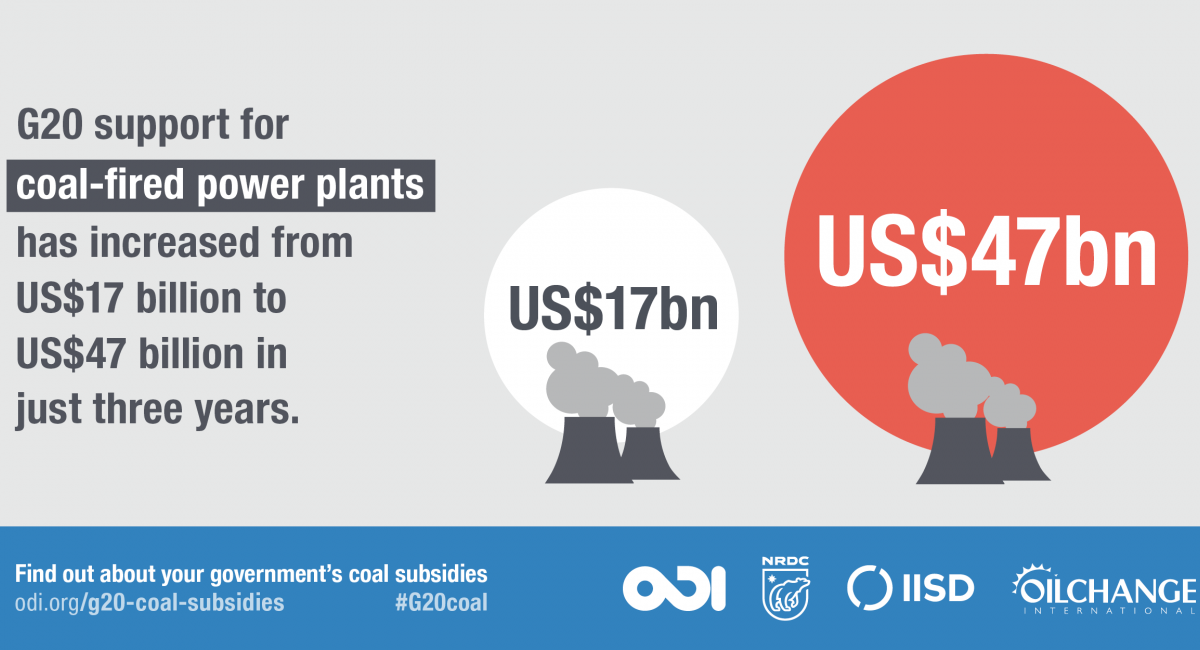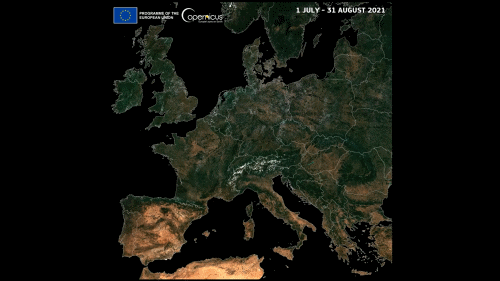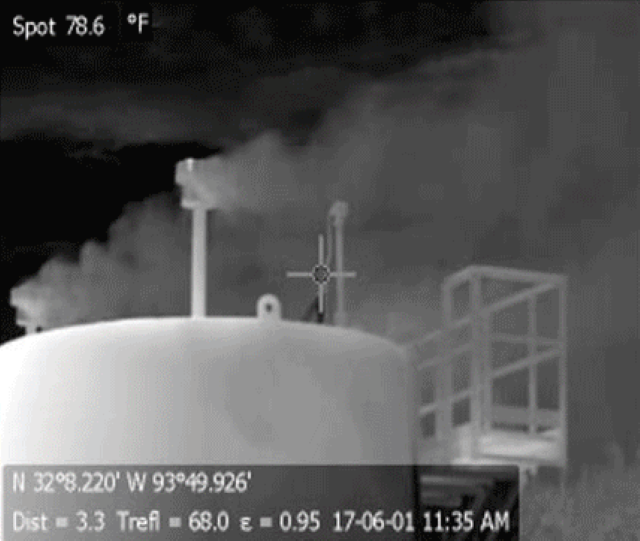Reductio ad absurdum: “The big deception is that we have weaned ourselves off coal, when in reality we have just exported our coal burning to someone else’s country”
4 June 2019 (The Consciousness of Sheep) — One of the advantages of being a rocky island in the northeast Atlantic, right underneath the Gulf Stream is that you get to deploy record amounts of offshore wind turbines to delay the day when your economy grinds to a halt. This is the reality of modern Britain – a country that built an empire with coal; but which now produces less coal than it did at the heart of the 1984-85 miners’ strike. The handful of open cast pits that remain provide coal for a declining steel industry rather than for the remainder of the fleet of coal power stations that used to keep the UK’s lights on.
Right up to the 1950s, Britain was powered by local coal plants based within the towns and cities they supplied; coal also providing the “town gas” that people used for cooking and lighting. The “pea-soup” fogs of the 1950s put an end to that arrangement, however, as a new generation of much larger coal plants were constructed well outside the towns they supplied. The last of these was built in the 1970s. And as a result of the structure of the privatised electricity industry from the mid-1980s, together with the rising cost of imported coal, there has been no commercial incentive for energy supply companies to make the massive investment required to build more new coal plants. […]
At various times since, governments have looked to some combination of nuclear, wind, wood-burning and solar to keep the lights on in future. At every turn, however, they have been obliged to turn to gas as the only means of powering the economy after coal. It is in this – rather than the usual greenwashed – context that we should treat media stories last month.
As early as 8 May 2019, Jeremy Hodges at Bloomberg gave us the largely fake news that:
“U.K.’s Coal-Free Week Shows How Cleaner Energy Is Taking Over…
“Great Britain has quickly moved away from using coal as one of its main power sources by shutting plants and installing more offshore wind turbines than any other country. The fuel’s share in the energy mix has dropped to just 5 percent from 40 percent six years ago. This year has already seen more than 1,000 coal-free hours, or about a third of the total.” […]
The potential for serious disruption was witnessed the winter before last when the so-called “Beast from the East” resulted in a big spike in demand for heat and power just at the point when Britain was experiencing shortages of imported gas. It was only the ability to ramp up the electricity generated by the remaining coal plants, along with the shutdown of large industrial power users, which kept (most of) the lights on and prevented a largescale loss of life. […]
The irony in all this is that the closure of the coal plants is not even much of a victory for the environment; whose real problem is that there are at least 6.5bn too many humans consuming what remains of the planet in an unstoppable orgy of destruction. The degree of reduction – and denial – that is required here is staggering:
- The entire human impact is reduced solely to climate change
- Climate change is reduced to greenhouse gases
- Greenhouse gases are reduced to carbon dioxide
- Carbon dioxide is reduced to just that proportion produced by generating electricity
- Electricity-related carbon emissions are reduced to just those caused by burning coal
- And then, when none of our primary energy is generated from coal, we can portray this as a victory in the battle to save our environment.
Note, by the way, that most of our secondary energy – embodied in the goods that we buy – is consumed in China; the world’s biggest coal user. The big deception is that we have weaned ourselves off coal; when in reality we have just exported our coal burning to someone else’s country. [more]



